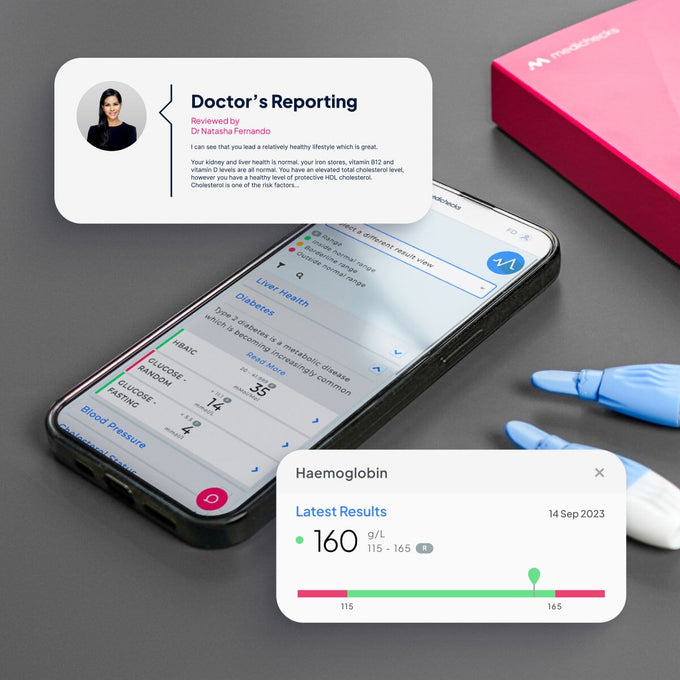Is it for you?
Do you need to take a DVLA fitness-to-drive test?
If you have lost your driver's licence due to problem drinking, but you're no longer drinking heavily or frequently, then this test can help you prove that your drinking is in the past.
By measuring CDT, you can monitor alcohol consumption over an extended period and be reassured that you would pass the DVLA fitness-to-drive test.













